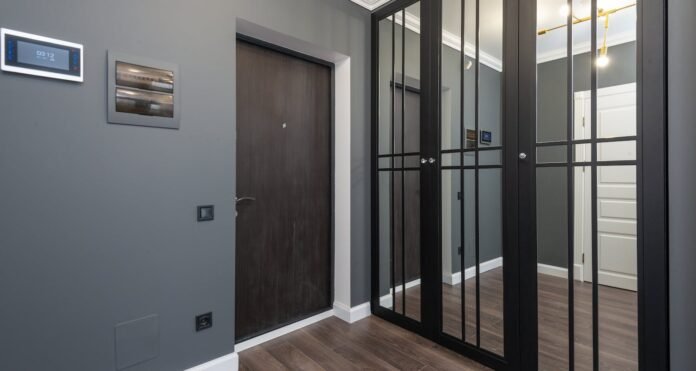What is holding you back from seeking out a mortgage? Do you feel like you need to learn more before you start the process? Or have you tried in the past and found you just didn’t know enough to choose between lenders? Either way, check out the advice below to learn more.
When it comes to getting a good interest rate, shop around. Each individual lender sets their interest rate based on the current market rate; however, interest rates can vary from company to company. By shopping around, you can ensure that you will be receiving the lowest interest rate currently available.
Get a pre-approval letter for your mortgage loan. A pre-approved mortgage loan normally makes the entire process move along more smoothly. It also helps because you know how much you can afford to spend. Your pre-approval letter will also include the interest rate you will be paying so you will have a good idea what your monthly payment will be before you make an offer.
Never take out a new loan or use your credit cards while waiting for your home mortgage to be approved. This simple mistake has the potential of keeping you from getting your home loan approved. Make sacrifices, if need be, to avoid charging anything to your credit cards. Also, ensure each payment is received before the due date.
Really think about the amount of house that you can really afford. Banks will give you pre-approved home mortgages if you’d like, but there may be other considerations that the bank isn’t thinking of. Do you have future education needs? Are there upcoming travel expenses? Consider these when looking at your total mortgage.
Stay persistent with your home mortgage hunt. Even if you have one lender rejects you, it doesn’t mean they all will. Many tend to follow Freddie Mac and Fannie Mae’s guidelines. They may also have underwriting guidelines. Depending on the lender, these may stricter than others. You can always ask the lender why you were denied. Depending on the reason they give, you can try improving your credit quickly, or you can just go with a different lender.
Don’t forget to calculate closing costs when applying for a mortgage, particularly if this is your first time. Above and beyond the down payment, numerous charges exist simply for processing the loan, and many are caught off guard by this. You should anticipate paying up to four percent of the mortgage value in total closing costs.
Before looking to buy a house, make sure you get pre-approved for a mortgage. Getting pre-approved lets you know how much you can spend on a property before you start bidding. It also prevents you from falling in love with a property you can’t afford. Also, many times seller will consider buyers with pre-approval letters more seriously than those without it.
Think about your job security before you think about buying a home. If you sign a mortgage contract you are held to those terms, regardless of the changes that may occur when it comes to your job. For example, if you are laid off, you mortgage will not decrease accordingly, so be sure that you are secure where you are first.
Before you apply for a mortgage, know what you can realistically afford in terms of monthly payments. Don’t assume any future rises in income; instead focus on what you can afford now. Also factor in homeowner’s insurance and any neighborhood association fees that might be applicable to your budget.
If you are a first time home owner, get the shortest term fixed mortgage possible. The rates are typically lower for 10 and 15 year mortgages, and you will build equity in your home sooner. If you need to sell you home and purchase a larger one, you will have more cash to work with.
If you have a little bit more money to put down on a home, consider getting a conventional mortgage as opposed to an FHA mortgage. FHA mortgages have lower down payments, but excessive fees that are added to the cost of the mortgage. Save up at least 5 percent in order to be eligible for an FHA loan.
Knowledge is power. Watch home improvement shows, read homeowner nightmare types of news stories, and read books about fixing problems in houses. Arming yourself with knowledge can help you avoid signing a mortgage agreement for a house needing expensive repairs or an unexpected alligator removal. Knowing what you are getting into helps you avoid problems later.
You should have the proper paperwork ready in advance for a lender. Look well prepared. You’ll need a copy of your pay stubs going back at least two paychecks, your last year’s W-2 forms and a copy of last year’s tax return. You’ll also need your bank statements. Get those together before the lender asks.
Make sure that you compare mortgage rates from several companies before you settle on one. Even if the difference seems to be minimal, this can add up over the years. One point higher can mean thousands of extra you will have to shell out over the course of the loan.
It’s easy to stop thinking about maintaining a good financial profile after you’ve been approved for a loan. Until your loan actually closes, do not do anything to endanger your credit score. The lender will probably check your score right before closing. They can still take the loan back if you apply for a new credit card or take on a new car payment.
With all of these great ideas in mind, you are prepared to get a new mortgage. To buy your first home or provide funds for your current home, a mortgage will help you live out your dreams. Using these tips will allow you to get a great mortgage in no time at all.



